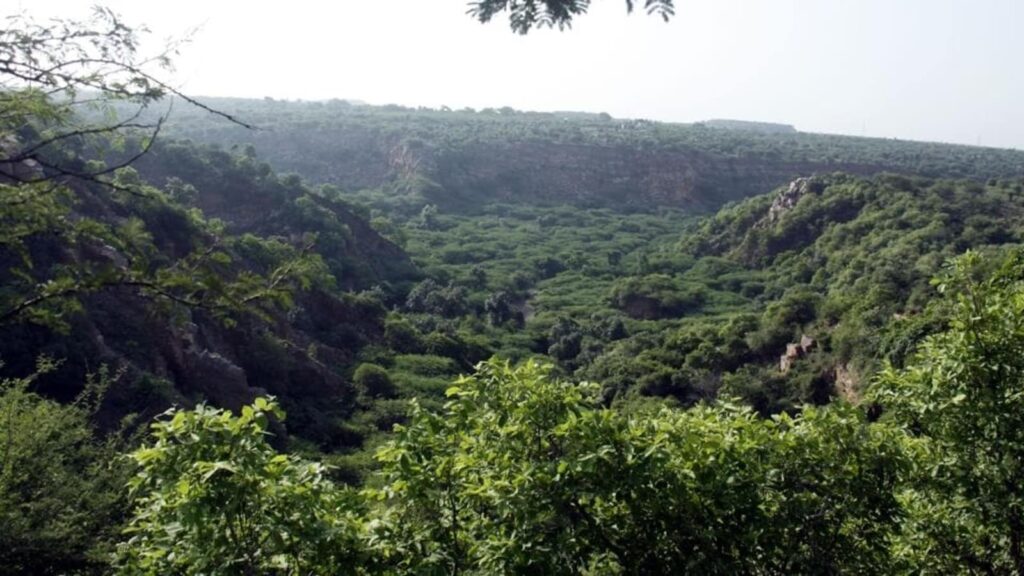What is a forest? This seemingly mundane question lies at the heart of the controversy around the Forest Conservation (Amendment) Bill passed in the Lok Sabha on Wednesday. There are two main concerns. The first is around the legal definition of forests. Moving away from an earlier, more liberal interpretation, the bill lays down strict conditions, saying it will only cover land declared or notified as a forest under the Indian Forest Act, 1927, or under any other law. Land that was recorded as a forest in any government record, as on or after October 25, 1980 – the day the original forest conservation act came into effect – except where land use was changed from forest to non-forest purpose before December 12, 1996 (the day the Supreme Court laid down protections in a landmark judgment that said that the 1980 law will apply to any parcel of land that fits the dictionary definition of a forest) will also be covered. This is a shift from the traditionally looser definition of forests that ensured more areas received protection from encroachment and development. A report by Vidhi Centre for Legal Policy warned that the stricter definition could jeopardise vast tracts of forests and leave out several unclassed forests that cover around 15% of India’s total forest cover. The earlier interpretation also helped protect ecosystems managed as forests (grasslands or mangroves) but not notified or recognised as such. Questions also remain about the rights of forest-dependent communities, though the Centre has said it won’t violate the Forest Rights Act.
The second concern is around a clause that states prior forest clearance isn’t needed in cases where forest land is situated within 100 km of an international border, Line of Control or Line of Actual Control, and will be used for strategic projects of national importance. Vast tracts of land in the ecologically fragile northeastern states will fall under this category. Similar exemptions have been made in areas affected by left-wing extremism.
The government has said earlier laws and records were unclear, and often proved to be hindrances to any effort to provide connectivity, development and implementation of strategic projects, especially along the borders. Fulfilling aspirations of development and bolstering national security are important goals. But so is safeguarding India’s ecological heritage and biodiversity. If the bill clears Parliament, the government must ensure minimal loss of forest cover and that only select projects get exemption under the new law. Striking this fine balance is imperative in an era defined by the climate crisis.
Experience unrestricted digital access with HT Premium
Explore amazing offers on HT + Economist


